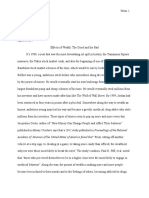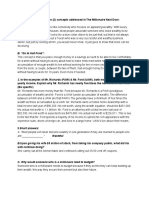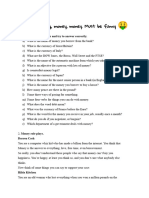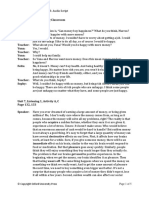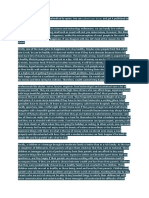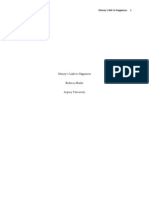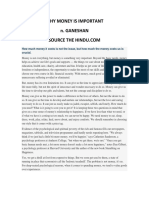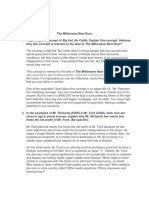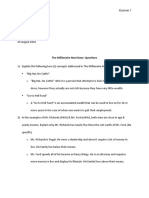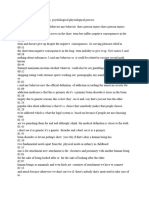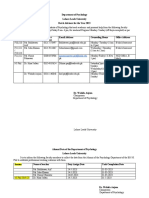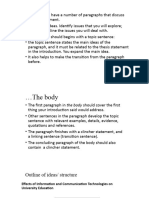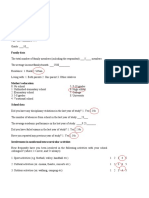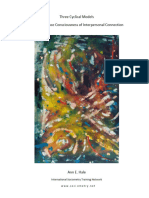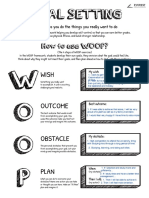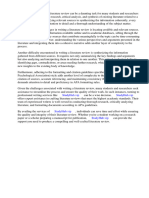0% found this document useful (0 votes)
146 views13 pagesCh-7 The Model Millionaire
The document discusses the themes and characters of Oscar Wilde's story 'The Model Millionaire,' focusing on generosity, the nature of wealth, and the impact of financial issues on relationships. It explores the characters of Hughie Erskine, Alan Trevor, and Baron Hausberg, highlighting their traits and the moral lessons derived from their interactions. The narrative emphasizes that true worth lies in kindness and character rather than material wealth.
Uploaded by
ishankshirsagar13Copyright
© © All Rights Reserved
We take content rights seriously. If you suspect this is your content, claim it here.
Available Formats
Download as DOCX, PDF, TXT or read online on Scribd
0% found this document useful (0 votes)
146 views13 pagesCh-7 The Model Millionaire
The document discusses the themes and characters of Oscar Wilde's story 'The Model Millionaire,' focusing on generosity, the nature of wealth, and the impact of financial issues on relationships. It explores the characters of Hughie Erskine, Alan Trevor, and Baron Hausberg, highlighting their traits and the moral lessons derived from their interactions. The narrative emphasizes that true worth lies in kindness and character rather than material wealth.
Uploaded by
ishankshirsagar13Copyright
© © All Rights Reserved
We take content rights seriously. If you suspect this is your content, claim it here.
Available Formats
Download as DOCX, PDF, TXT or read online on Scribd
/ 13


















